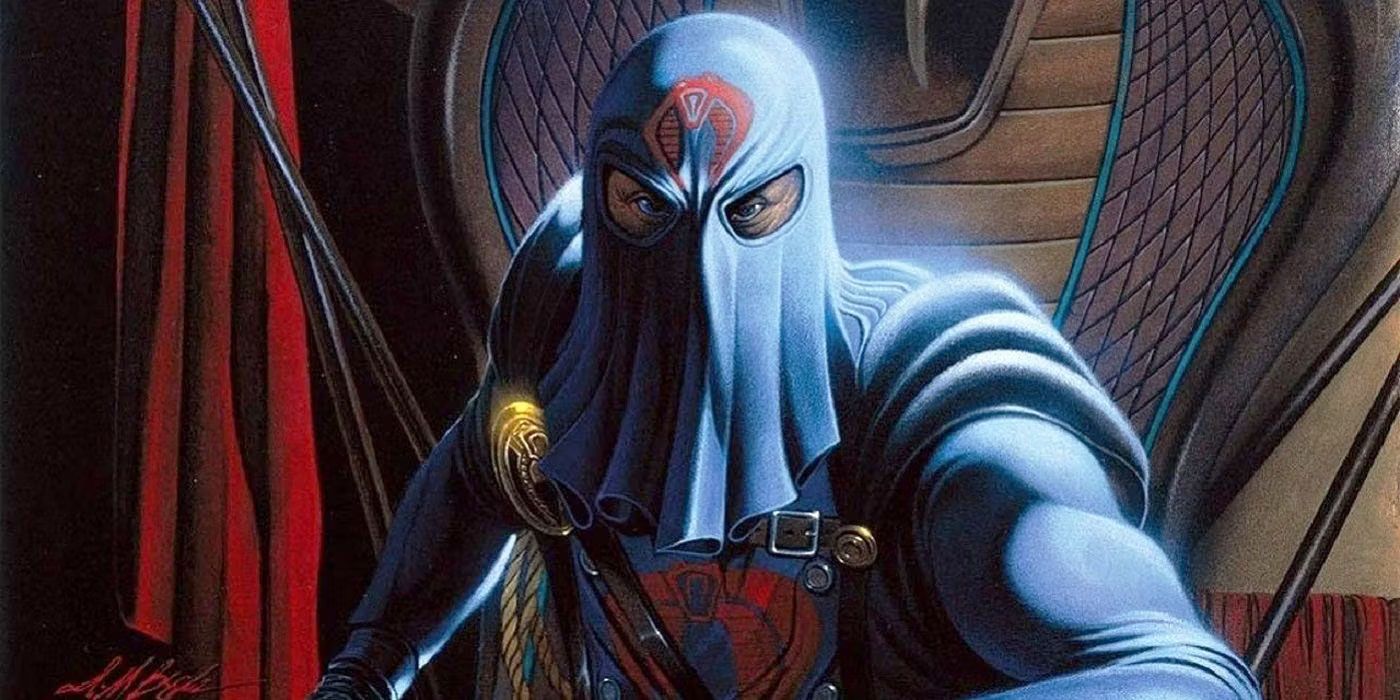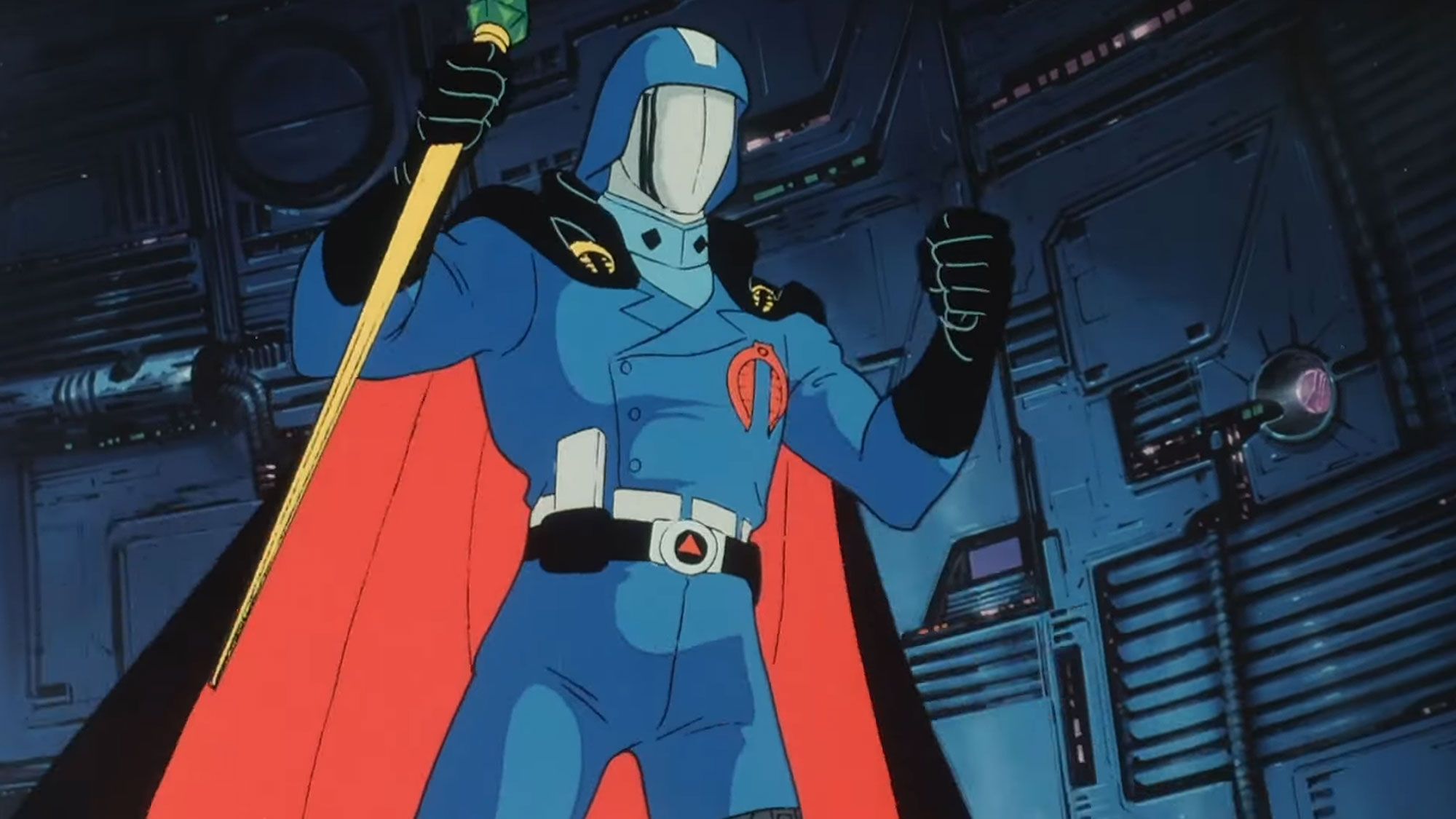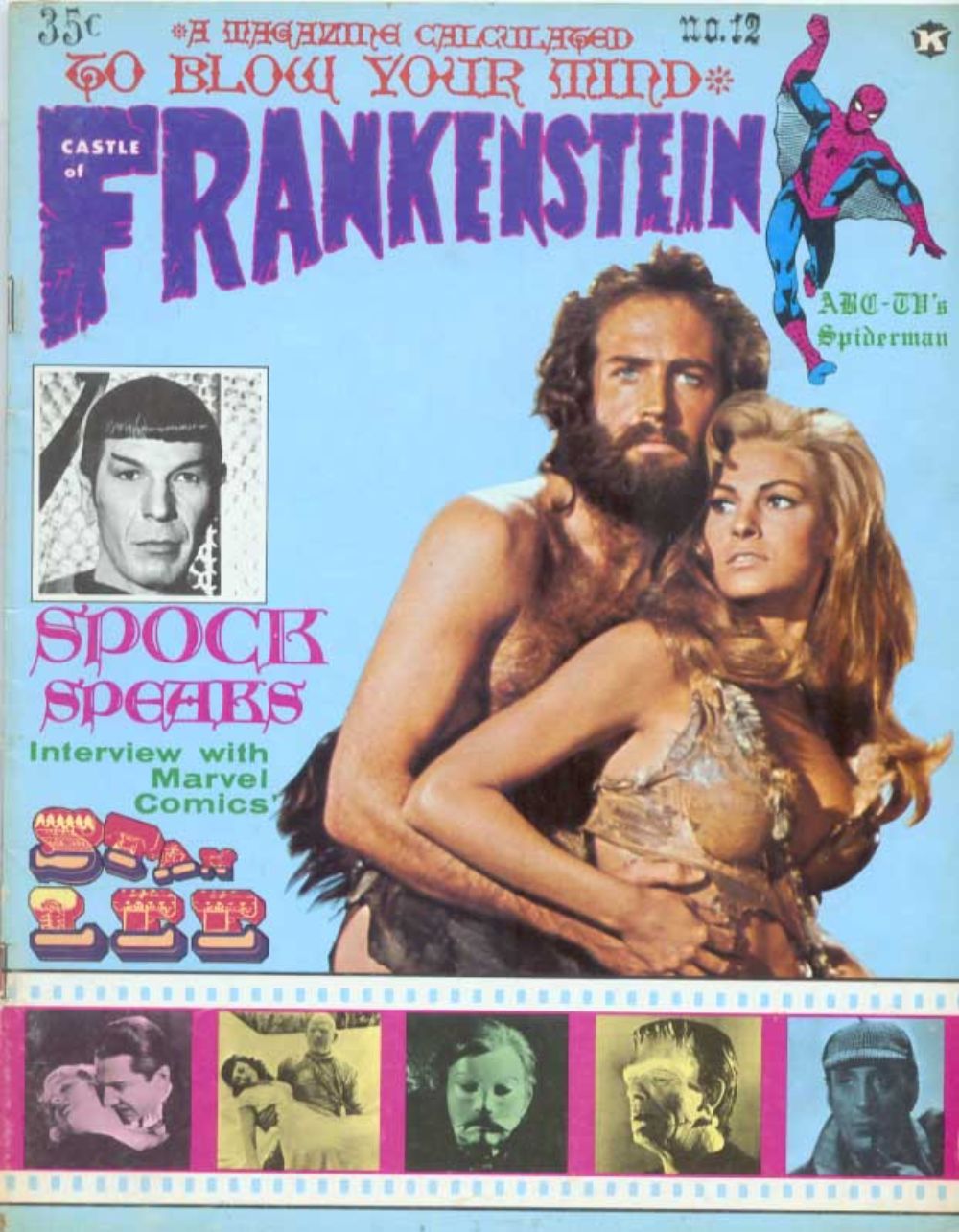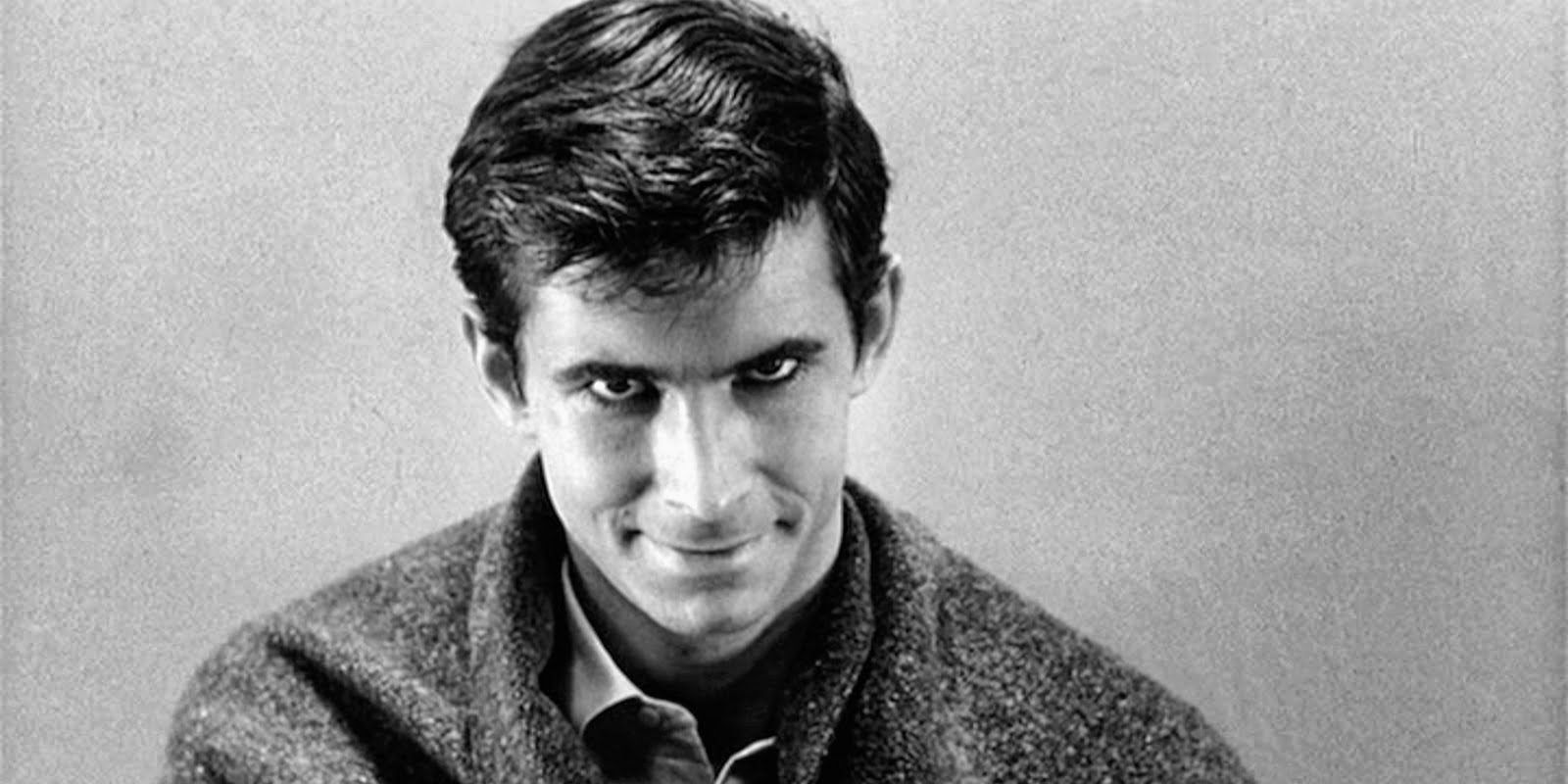Introduced in 1982 during Hasbro's relaunch of its G. I. Joe action figure line, Cobra Commander has endured as a memorable antagonist, a terrorist leader who could be both horrifying or humorous, depending on the interpretation. Even though the depictions have varied wildly in different media, Cobra Commander's distinctive voice -- both literal and metaphorical -- is something that has stayed with fans for decades.
To the average person, Cobra Commander is defined by his childlike temper tantrums and shrill, raspy voice, accompanied by an occasional sibilant hiss - the depiction voiceover actor Chris Latta brought to the role in '80s animated mainstay G. I. Joe: A Real American Hero. The voice was so unusual and haunting that a generation of kids carried memories of it into adulthood.
Cobra Commander -- Notorious Movie Nerd
Typically, new animated adaptations of G. I. Joe use Latta's voice as the inspiration for Cobra Commander. When the NBC sitcom Community aired an animated tribute to G. I. Joe, comedian/cartoonist Rob Schrab provided his take on Latta's vocals. Even the feature film G. I. Joe: The Rise of Cobra attempted an electronically altered voice effect when actor Joseph Gordon-Levitt spoke to evoke memories of the '80s cartoon. When creating Cobra Commander as a part of Marvel Comics' deal with Hasbro in the early '80s, however, former Marvel editor Larry Hama had something very different in mind.
So, what does the "real" Cobra Commander sound like? Fans of the comics know the Commander to be in love with the sound of his own voice. He rattles off multi-syllable words in a steady rhythm, confident in his poise and refinement. This contrasts his past as a used car salesman from an obscure town, someone who viewed himself as a victim of the American dream and used this frustration to remake himself as a terrorist leader. In Hama's stories, the Commander's sophisticated patter is merely a cover for his crushing insecurities.
In the past, Hama has compared the Commander's patois to political pundit William F. Buckley or erudite film director Orson Welles. When speaking to the Talking Joe podcast recently, Hama revealed a more personal inspiration, the source being far closer to comics fandom than you might expect.
When asked about the origins of Cobra Commander's voice, Hama responded:
I think most of the characters are based on people I know…so Cobra Commander is Orson Welles by way of Calvin Beck. Now, Calvin Beck was the publisher and editor of Castle of Frankenstein magazine, back in the 1960s. I did my first cartooning work for Castle of Frankenstein. Calvin Beck sort of fancied himself as sounding like Orson Welles in…Citizen Kane. In fact, the pseudonym that he used on the title page of Castle Frankenstein was Charles Foster Kane. He had this really sort of like this mellifluous voice that he would use, considering that he actually looked like a troll. And he lived with his mother in this house in North Bergen, New Jersey.
Castle of Frankenstein's Remarkable Legacy
While Castle of Frankenstein might initially sound like a generic movie monster magazine from another era, the publication has real historical significance. Beck's magazine was the only nationally distributed publication to offer meaningful coverage of B-movies at the time, in addition to presenting profiles on fan publications and underground filmmakers. The first Star Trek magazine cover story wasn't for TV Guide -- it appeared in Castle of Frankenstein. Regular contributor writer-artist Bhob Stewart also created the "Comic Book Council" column for the magazine, the first attempt by a national magazine to offer critical coverage of comics.
Also impressive is the roster of talent published by Beck. Future Gremlins director Joe Dante was a movie critic for Castle of Frankenstein, and future comics pros Marv Wolfman and Len Wein also had their earliest works published in the magazine. Established artists that contributed to Castle of Frankenstein include Wally Wood, Jim Steranko, and Frank Brunner. Getting published as a teenager by the magazine was no small accomplishment by Hama.
Cobra Commander's Link to…Norman Bates?
While it is amusing to think of Cobra Commander as a pompous movie nerd, Hama went on to reveal a darker legacy for Beck.
It was a very strange household and relationship with his mother. And for years there had been a rumor circulating among the science fiction and comic community that Robert Bloch had based the characters in Psycho on Calvin Beckett and his mother. And I remember in the late '70s, I was sitting at home and I got a phone call from Jeffrey Catherine Jones. And [Jones] said, 'I was just at a science fiction convention and I met Robert Bloch. And I couldn't help myself. I asked him, did you base the characters in Psycho on Calvin Beck and his mother?' And Bloch apparently replied in the affirmative -- it's third hand. And for all I know, Bloch could have been taking Jeffrey for a ride. But I think I want to believe.
While Robert Bloch is best known for writing 1959's Psycho, which paved the way for his career as a psychological horror novelist, Bloch also had firm roots in fandom. His career began as a protégé of H. P. Lovecraft, and Bloch spent his early years writing for pulp magazines like Weird Tales.
Most believe Bloch was inspired by serial killer Ed Gein when creating Psycho's Norman Bates. Gein is a notorious figure who attempted to create a "woman suit" out of the flesh of his female victims so that he could pretend to be his deceased mother, whose domineering influence hobbled his adult life. (Gein would go on to influence the creations of The Texas Chain Saw Massacre's Leatherface and Buffalo Bill from The Silence of the Lambs). Although it is true that Gein lived only 35 miles away from Bloch at the time he was writing Psycho, and he did include one allusion to Gein as the case became public when he was finishing the novel, Bloch later indicated he was unaware of Gein's eerie similarities to Norman Bates when crafting Psycho. In fact, Bloch was surprised to discover later how closely Gein mirrored Bates.
Within fandom, however, the story of Calvin Beck's influence on Norman Bates has a long history. Both historian and author Chris Steinbrunner and fantasy novelist Noël Vreeland Carter have recalled conversations with Bloch where he confirmed Beck as an inspiration for Psycho. The horror fan community has also picked up on this rumor over the years. Tom Weaver's Astounding Monster Archive has an article detailing Beck's influence on Norman Bates, including this quote from Noël Vreeland Carter that matches Hama's memories of Beck's mother: "Calvin's mother was a noisy, dominating little Greek woman who followed him most everywhere. She told me herself that she went to his college classes, she monitored classes at college with Calvin. As she told me this, I thought to myself, 'He must want to kill her!,' but he was completely dominated by her."
It's certainly a strange legacy for one of the pioneering figures in fandom. To influence not one but two villains that are now cultural icons is something few others could ever claim. Somewhere, his mother must be proud.




